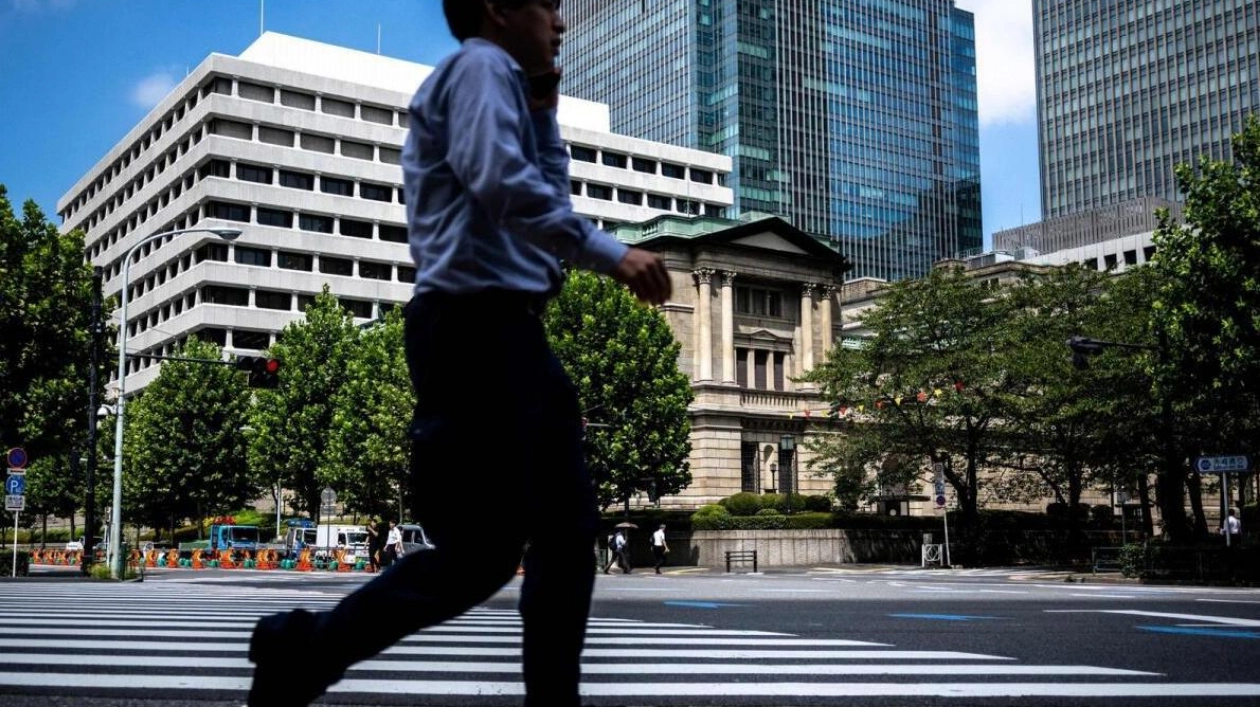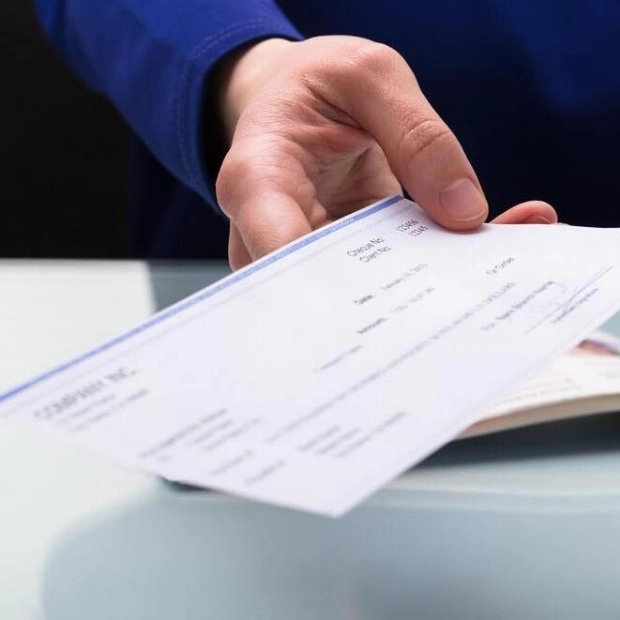The US Federal Reserve's shift towards a more dovish stance may provide the Bank of Japan with some relief in its struggle to stabilize a weakening yen, but this could also complicate its attempts to increase interest rates if the diverging policies of the two central banks continue to unsettle markets.
At the annual symposium in Jackson Hole, Wyoming, Fed Chair Jerome Powell announced on Friday that it was time to reduce rates, citing increased risks to the job market that left no room for further weakness, signaling a clear support for imminent policy easing. This announcement came shortly after BoJ Governor Kazuo Ueda informed parliament that the BoJ would continue to raise rates if inflation remained on track to persistently reach its 2% target, despite monitoring the impact of unstable markets.
The yen strengthened against the dollar following Ueda's comments and further after Powell's remarks, as market attention focused on the narrowing gap between US and Japanese interest rates. Derek Halpenny, head of research global markets EMEA at MUFG, noted in a client briefing that the yen's appreciation was understandable given Ueda's lack of indication of a change in the BoJ's views and plans following recent financial market turbulence.
The yen's recovery is a relief for the BoJ, which has faced political pressure to halt its decline, which inflates the cost of imported goods and hurts consumer spending. However, the BoJ's path to raising rates is fraught with uncertainty as Japan moves against the global trend of rate cuts, making its currency and stock prices vulnerable to significant fluctuations.
After experiencing market disruption following the BoJ's July rate hike, the Japanese central bank is cautious about its next steps. Ueda emphasized the ongoing instability in both domestic and international markets and the need for heightened vigilance regarding market developments, noting that significant market swings could influence policy decisions if they alter the board's inflation forecasts.
Domestic political factors also complicate the BoJ's rate hike strategy, especially with Prime Minister Fumio Kishida, who appointed Ueda, set to resign and pass leadership to the winner of the ruling party's leadership race in September. While most leading candidates support the BoJ's moderate rate hike plan, it remains unclear whether the new prime minister will endorse higher borrowing costs if market volatility impacts corporate profits.
Given the high level of uncertainty, former BoJ board member Makoto Sakurai believes the BoJ is unlikely to make bold moves, ruling out another rate hike this year. A recent Reuters poll indicates that while most economists expect the BoJ to hike rates again this year, more foresee this happening in December rather than October.
The BoJ's unexpected rate hike in July and Ueda's indication of further hikes caused financial market turmoil earlier this month, prompting his deputy to reassure that no further hikes would occur until market stability is restored. Ueda's key message in parliament was that while the BoJ will not rush to hike rates, recent market disruptions will not derail its long-term plan to continue increasing borrowing costs, according to sources familiar with the BoJ's strategy.
Analysis of recent BoJ statements highlights the bank's commitment to raising rates, with a strong focus on inflation, according to Jeffrey Young, CEO of DeepMacro, a US fintech firm that conducts AI-driven economic analyses. Young suggests that another rate hike by the end of the year is probable, unless significant market disruptions occur.
However, some analysts are more cautious about the strength of Japan's economy, noting weak domestic demand and potential impacts from a US economic slowdown on exports. Sayuri Shirai, an academic at Keio University, argues that from an economic standpoint, there is little justification for the BoJ to raise rates.






